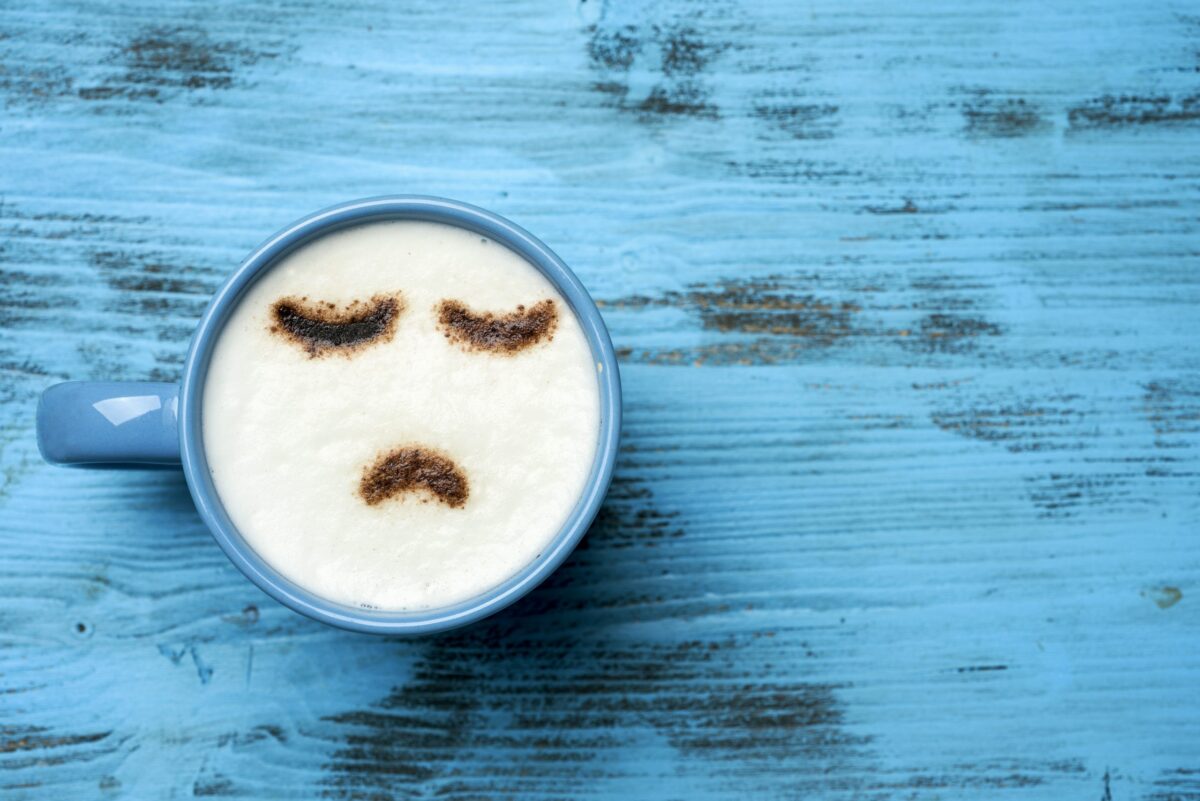SweetTree Discover Our Blog
,Mental Health on Blue Monday

January’s third Monday, “Blue Monday”, is thought to be the most depressing day of the year. Actually, this day was created as a PR stunt to sell holidays. It is a myth, based on things like the gloomy weather, post-Christmas debt, disappointment from not keeping new year’s resolutions, anticipation about going back to work and general doom and gloom. Since its inception, it has become a rather tedious yearly PR event, often designed to promote things that are vaguely linked to improving our wellbeing, more often than not with a complete lack of evidence.
Mental health ‘good and bad’ days are individual to each of us
It is pointless to try and identify what the most depressing day of the year is because it would be different for each one of us. As different as each person’s circumstances are. And it is also important to distinguish between temporarily feeling down, which we all relate to from time to time, and experiencing depression or a mental health problem that can be quite disabling for our day to day lives.
This year, perhaps more than any other year in recent memory, the need and importance for us all to look after our mental health and support each other at this time, is clear and urgent. The Covid-19 pandemic has eroded many of the things that normally protect our mental health – from social connectedness to financial security and hope for the future.
There can be seasonal variations in our mental health
Some people might be experiencing Seasonal Affective Disorder with symptoms of depression that present and disappear in a seasonal pattern (usually felt more intensely throughout the winter months).
Things that are known to be good for our mental health such as exercising and spending time in green and blue spaces are harder to do when the days are short and nights are long. December is also a time when some of us may tend to eat and drink too much, run up debts, and then sometimes feel bad about these afterwards.
Mental health is important every day of the year
We should not just be thinking about our mental health on 18th January this year, but on every day of the year. There are steps we can think about and measures to take in order to help regulate and maintain positive mental health every day of the year, not just on one day that psychologically we have been led to believe (and anticipate) our mental health to be lower than others. Depression and other mental health problems last for more than a day and can affect people in many ways, with poor mental health at the forefront of the greatest public health challenge facing our generation.
Things we can do to protect our mental health
If you are struggling, try talking to someone about your feelings to someone you know. This can often feel like a daunting prospect when feeling low, but it really can help to simply talk about the way you are feeling, even if you only manage to release some of the negative feelings you have. If you find yourself experiencing feelings of distress or despair you can call the Samaritans who provide confidential support.
Keeping active – whether that includes being outdoors in nature for permitted daily exercise or taking part in a dance class/workout from the comfort of your own home are great ways to get the endorphins going and light your mood, even temporarily.
Eating well and limiting consumption of alcohol are also ways in which we can improve how we feel.
At a time of the pandemic trying to anticipate distress, staying connected and engaging in a new rhythm of life is important.
We may find that we are not alone; people are there to help and so many are facing similar challenges. Mental health matters on every day of the year.
Remember, we are all in the same storm, but we are not all in the same boat.
Below you can find a list of resources to help you or a loved one who might be struggling:
MIND has a wealth of support and information available here
Building your own resilience, health and wellbeing website is a resource from Skills for Care
Access the Guide to managing worry and anxiety amidst uncertainty from Practitioner Health (Psychology Tools)
For access to more tips, free guides, assessments and signposted resources visit Good Thinking
